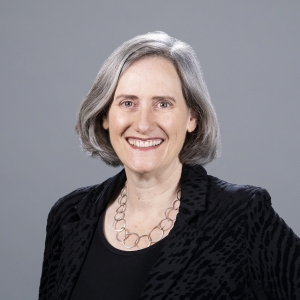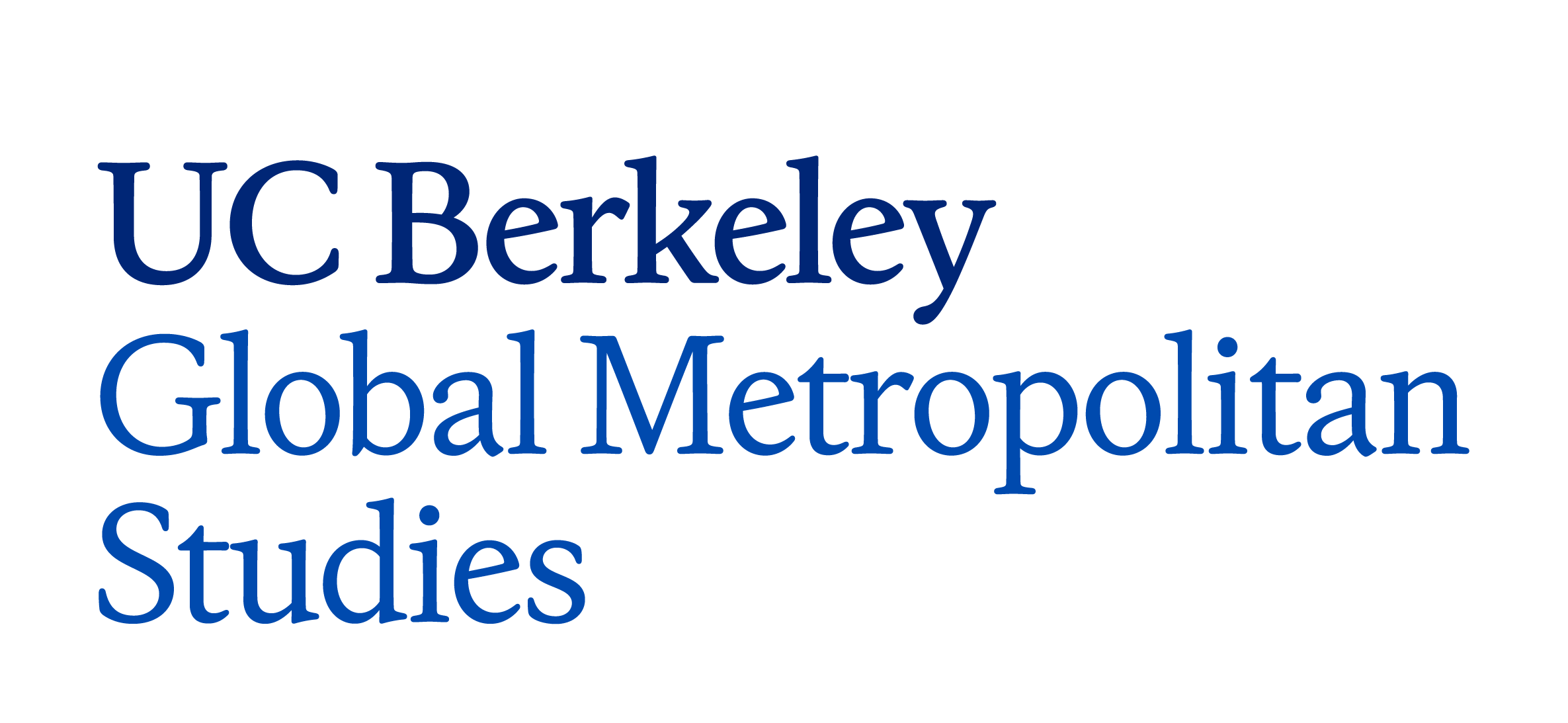-

Alison Post
Associate Professor, Political Science
Post was hired through the Global Metropolitan Studies initiative to enhance the university’s strength in comparative urban studies. Her research lies at the intersection of comparative urban politics and comparative political economy, focusing on Latin America and the developing world more broadly. It examines the political and institutional factors affecting vital urban services such as water and sanitation, mass transit, and electricity. She has received U.C. Berkeley’s campus-wide Carol D. Soc award for mentoring graduate students. She is one of the primary instructors for the core courses for the Designated Emphasis in Global Metropolitan Studies (GMS 200 and GMS201).
-

Joan Walker
Professor, Civil and Environmental Engineering
Walker was hired through the Global Metropolitan Studies initiative to enhance the university’s strength in urban infrastructure systems. Her research focuses on transportation systems, with a particular focus on behavioral modeling. She works to improve the models that are used for transportation planning, policy, and operations. Walker currently serves as a Co-Director of GMS, and she is one of the primary instructors for the core courses for the Designated Emphasis in Global Metropolitan Studies (GMS 200 and GMS201).
-

Sai Balakrishnan
City and Regional Planning
Sai Balakrishnan is an Associate Professor of City and Regional Planning, in a joint appointment with DCRP and GMS (Global Metropolitan Studies). Her research and teaching broadly pivot around global urban inequalities, with a particular focus on urbanization and planning institutions in the global south, and on the spatial politics of land-use and property. She has worked as an urban planner in the United States, India, and the United Arab Emirates, and as a consultant to the UN-HABITAT, Nairobi. Her book, Shareholder Cities: Land Transformations along Urban Corridors in India (University of Pennsylvania Press, 2019) explores new forms of urbanization along infrastructural / economic corridors in liberalizing India. Balakrishnan is currently working on two books: i) global-comparative research on the transfer of development rights (TDRs), a new land (and air) commodification instrument, in Mumbai, New York and São Paulo, and ii) in collaboration with historian Arindam Dutta (MIT), a spatial mapping of infrastructural inequalities and the new geographies of uneven development in post-liberalization India.
